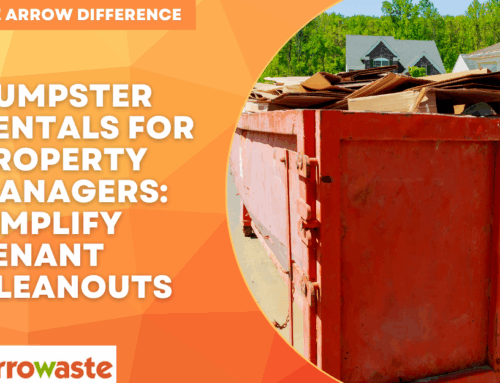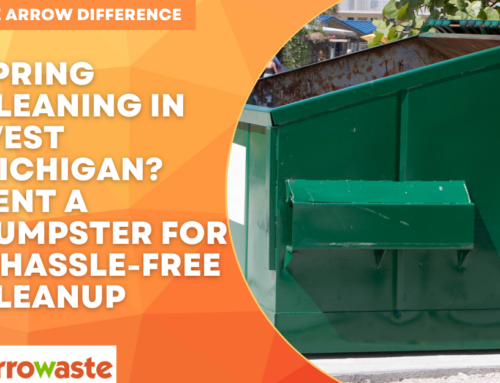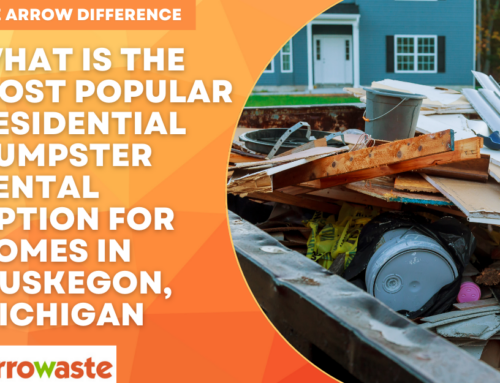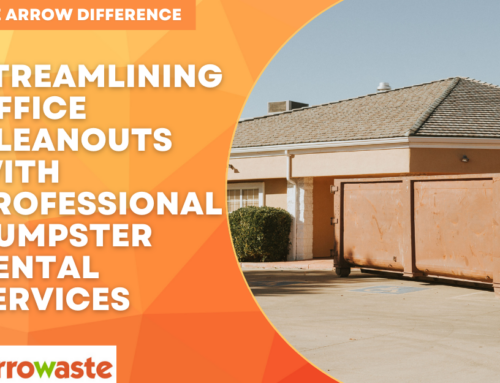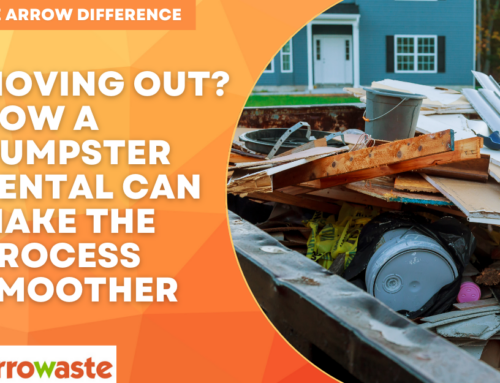Going green is a goal for a lot of people, and businesses as well. It’s worth noting that recycling and using the best practices for getting rid of trash often has economic benefits. While it costs $50 on average to send a ton of trash to a landfill, the same ton of trash only costs $30 to recycle.
How can your business improve its trash removal approach? Here are three tips for better commercial waste management.
Perform a Waste Audit
You may think you know what your employees are throwing out, and how they’re doing so. However, it might be the case that somewhere along the line, everyone missed the memo about where empty cardboard boxes can go. It may even turn out that everyone has been throwing out recyclables in the normal trash because the recycling center is inconveniently located. Approximately 7.5% of office waste is recycled — even though 70% could be. Identifying recyclable or unnecessary waste can prevent you from throwing away your money.
Buy Products That Can Be Recycled
It seems obvious, but it’s a point many companies overlook: if you don’t buy recyclable materials to begin with, you’re going to limit your sustainability practices right from the get-go. Additionally, there are certain materials you must recycle every time, like batteries. Anything that contains electronic components should typically be recycled, so that nothing leeches back into the environment via a landfill.
Encourage Best Practices
Did you know that the average person generates about four pounds of trash per day? Placing reminders around the office, or providing employees with the tools they need to better recycle, can help your company continue to cut down on waste. Providing reusable cups along with a dishwasher, for example, can cut down on the number of paper cups used every day for coffees and sodas. Make sure that there are recycle bins in the break room for plastics, paper and aluminum.
The average American will throw out 600 times their weight in trash over the course of a lifetime, but better recycling can help improve this number. Waste management doesn’t have to be complicated, especially when you make it your goal to aim for best practices. This can be good for your company’s reputation, as well as its bottom line.


